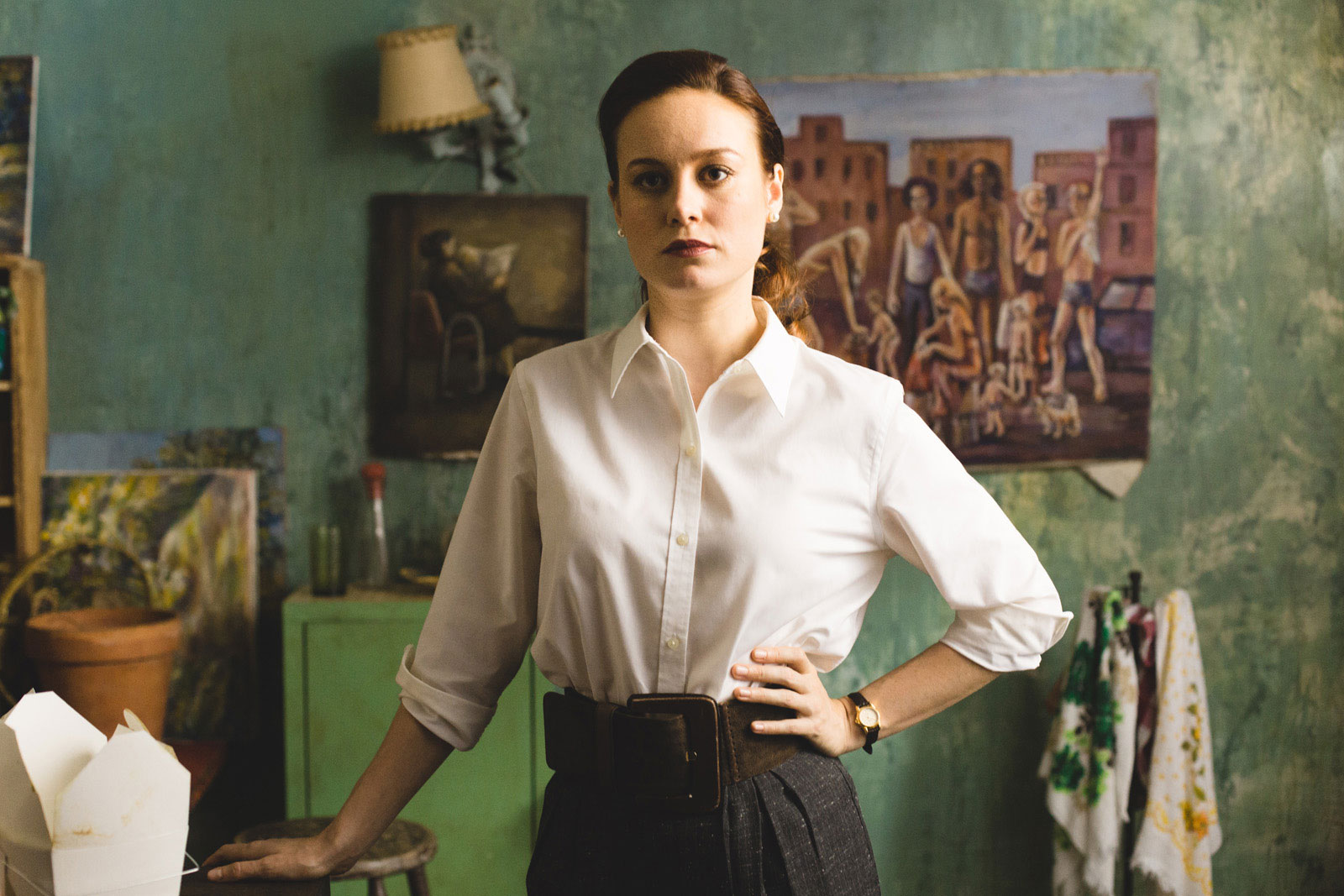
MPAA Rating: PG-13 | Rating: ★★★½
Release year: 2017
Genre: Biography, Coming-of-Age, Drama Director: Destin Daniel Cretton
The Glass Castle is tonally uneven and haphazard, and intentionally so. It accurately captures the experience of living in a dysfunctional family, the relational ups and downs, the mood swings and manic moments, the only constant being an underlying anxiety even in the best of moments. Based on writer Jeannette Walls’ best-selling memoir of the same title, The Glass Castle‘s narrative jumps back and worth between the adult Jeannette (Brie Larson) and her younger self (Ella Anderson) as she navigates life on the run with her anti-establishment, negligent parents, Rex (Woody Harrelson) and Rose Mary (Naomi Watts). Imagine if Captain Fantastic actually happened–nonconformist parents “raising” their cadre of children on the edges of society in a manner which could be described as “unconventional” at best, “abusive” at worst. That filmmaker Destin Daniel Cretton manages to take such a popular and complicated memoir and turn it into an affective, effective drama is a feat in itself. The film could easily sway into the realm of the manipulative and mawkish, but Cretton and the talented cast of actors walk the fine line between sensationalizing and excusing the more melodramatic aspects of Walls’ tale. As such, The Glass Castle is a an episodic emotional roller coaster always threatening to derail, yet it manages to keep audiences engaged and secure for its lengthy run and dramatic moments.
Cretton and Larson’s last film together, Short Term 12, was my favorite film of its year, and put Larson on the map as an acting phenomenon (that film also featured Rami Malek, John Gallagher Jr, Lakeith Stanfield, and Kaitlyn Dever, all exceptional young actors). While The Glass Castle isn’t at the level of Short Term 12, one can see how Cretton’s straightforward direction and ability to inspire great performances from actors is still on display. Harrelson’s Rex is at-once charming and despicable, an alcoholic who buys booze instead of food for his children while still seeing the best in his children’s attributes. Portrayed as intelligent and imaginative, he’s constantly losing his job and losing his cool, taking his family on the run from town to town to escape the authorities. Watts’ Rose Mary is a classic enabler, co-dependent on Rex’s leadership; at one point, debating whether she should leave him, Rose Mary sighs and calls Rex the “head of the household.” She’s willingly stuck with him because he believes in her as an artist. A combination of both her parents, Jeannette is intelligent and confident, resilient and courageous in the face of her family’s dysfunction. Ella Anderson imbues the young Jeannette with a wisdom beyond her years and sincere gumption and spark. When the family settles in the town of Welch, West Virginia in a dilapidated shack, it is Jeannette who holds the family together, particularly in protecting and caring for her younger siblings. It’s the same young Jeannette who stitches up her father’s post-drink bleeding arm who eventually leaves for New York to become a successful writer. While difficult to admit, it’s her father’s cruelty and neglect which shaped her character. The Glass Castle refuses to either condemn or elevate the man, though it does lean towards the latter, which I found problematic. Nevertheless, it also portrays Rex as deeply human–he’s not a monster, and he does genuinely love his children. A likely victim of abuse at the hands of his mother, the film asks us to sympathize with Rex just as Jeannette comes to terms with her family of origins. She’s got a bit of Rex in her, most notably portrayed in an arm-wrestling scene between Jeannette’s fiance Dave (Max Greenfield) and Rex, where Larson’s collected and composed demeanor at this point in the film suddenly erupts as the “true” Jeannette is unleashed. It’s an outrageous and funny scene, and it’s also vital to these characters’ development in the narrative as pivotal decisions are made by both Rex and Jeannette.
Adapting a memoir is a difficult task–which anecdotes should be kept, and which to discard? How historically accurate must the filmic narrative be to the writer’s life? I am reminded of the 2014 film Wild, another memoir-based film with an episodic structure and rich performances. Which scenes were “real” and which were the result of a “poetic/cinematic” license? Does it matter if it tells a good story? Editorial and exactness questions aside, The Glass Castle takes a long look at one family’s hardships and asks the audience to do likewise, to withhold judgment for a spell and simply see these people for who they are and the circumstances they’ve overcome. With such compelling performances and a richly affecting story, perhaps even the more mythic moments of this story can be excused for the truthful reminder that our dysfunctional family of origin–and they’re all dysfunctional to some degree or another–has shaped each one of us. We can choose our response, whether bitterness or love, further spiraling into dysfunction or emerging as whole and healthier people committed to ending the cycle of abuse.
IMDB Listing: http://www.imdb.com/title/tt2378507/
Leave a Reply